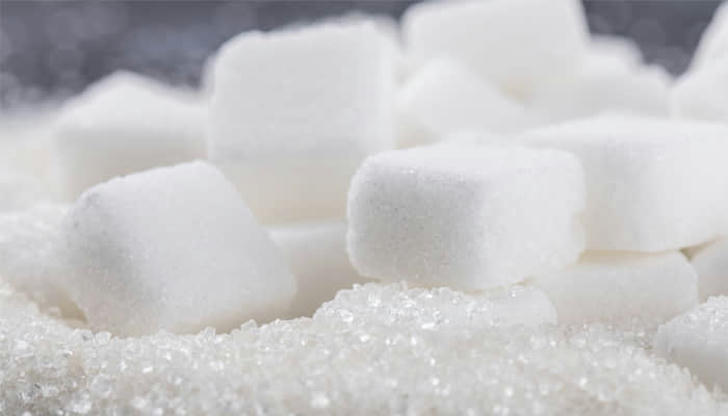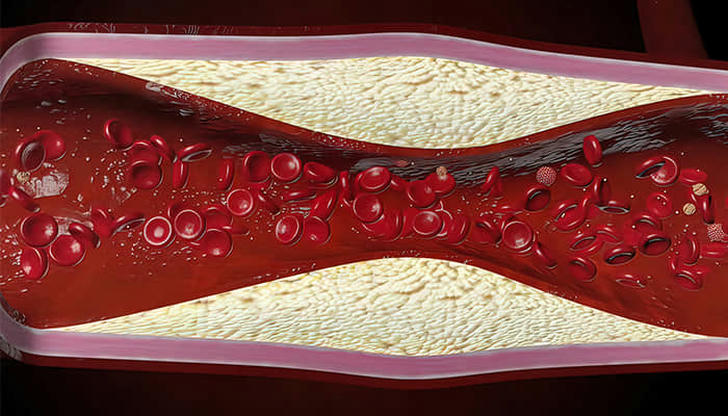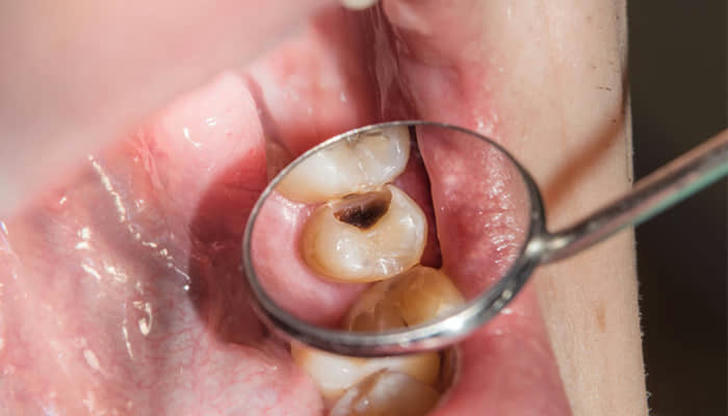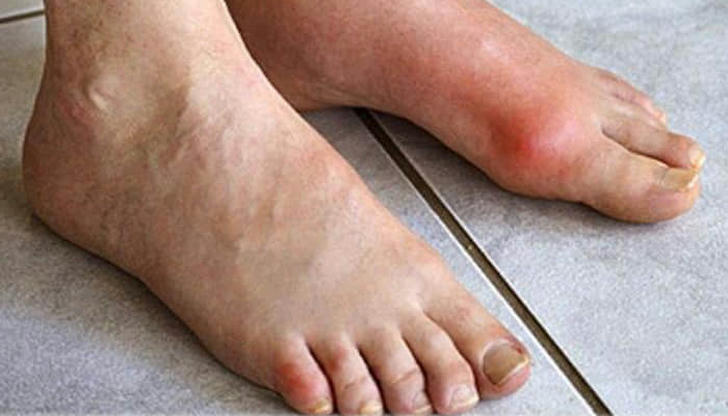12 Ways Too Much Sugar Harms Your Body

Sugar tastes great, but too much messes with your health. Natural sugars in foods like fruits are cool, but added sugars in snacks and drinks? Not so much.
The American Heart Association says: 6 teaspoons (25 grams) for women, 9 teaspoons (36 grams) for men. Average Americans? They're hitting 22 teaspoons (88 grams) daily. A 12-ounce soda? It's got 10 teaspoons!
So what it may cause? Keep reading to see the 12 ways too much sugar harms your body.
Harm: Weight Gain

Consuming sugar-laden beverages constitutes a significant source of additional sugars in the American diet. Should you indulge in a daily can of soda without compensating for those calories elsewhere, you could find yourself 15 pounds heavier in just three years.
Excessive weight gain is associated with health issues such as diabetes and certain forms of cancer.
Harm: Heart Disease

Approximately 10% of Americans derive a quarter or more of their daily caloric intake from added sugars. If your consumption aligns with this statistic, a study reveals that you are over twice as likely to succumb to heart disease compared to individuals who ingest less than half as much sugar.
The precise mechanisms behind this correlation remain unclear, though it is postulated that elevated sugar levels may contribute to increased blood pressure or the release of additional fats into the bloodstream, both of which can elevate the risk of heart attack, stroke, and other cardiovascular diseases.
Harm: Diabetes

The consumption of sugary beverages, in particular, can elevate the risk of developing type 2 diabetes. This heightened risk is attributed to the lingering presence of sugar in the bloodstream, prompting the body to potentially produce less insulin, the hormone responsible for converting ingested food into energy.
Alternatively, insulin may become less effective in this process. For those grappling with excess weight, shedding just 10-15 pounds can play a pivotal role in better managing blood sugar levels.
Harm: High Blood Pressure

While salt is commonly implicated in the development of hypertension (high blood pressure), some researchers suggest that another crystalline substance—sugar—may pose an even more significant threat.
These experts propose that sugar contributes to elevated blood pressure by causing a surge in insulin levels. This surge, in turn, can render blood vessels less flexible and prompt the kidneys to retain water and sodium, exacerbating the risk of hypertension.
Harm: High Cholesterol

Diets rich in sugars pose a threat to heart health, irrespective of body weight. Such diets have the potential to: Elevate levels of "bad" (LDL) cholesterol while diminishing levels of the "good" (HDL) variety.
Increase triglycerides, a type of blood fat, and impede the function of an enzyme crucial for their breakdown.
Harm: Liver Disease

Is too much sugar bad for your liver? Sadly, yes. The majority of processed foods, snacks, and beverages are sweetened with fructose. When fructose gets into your body, the liver transforms fructose into fat.
Regular consumption of fructose can lead to the accumulation of minute fat droplets in the liver, a condition known as non-alcoholic fatty liver disease. While early dietary modifications can reverse this condition, prolonged exposure may result in inflammation and scarring, causing lasting damage to the liver.
Harm: Cavities

Even a 10-year-old child knows that sugar is bad for teeth. Sugar serves as a nourishment source for bacteria in the mouth, leading them to produce acid that erodes tooth enamel.
Common culprits include sugary drinks, dried fruits, candy, and chocolate, with sour candies ranking among the most acidic—comparable to battery acid. To mitigate the effects, particularly after consuming tart treats, it is advisable to rinse the mouth with water or drink milk to neutralize the acidic environment.
Harm: Unhealthy Skin

Sugar makes acne more likely by causing quick jumps in blood sugar, messing with insulin, and triggering acne-related stuff. Second, it speeds up how fast your skin gets old.
It does this by making things called advanced glycation end products (AGEs), which harm the stretchy parts of your skin, causing it to sag and get wrinkles.
Harm: Mood Problems

Eating too much sugar and processed foods may have a negative impact on your mental well-being.
Studies revealed that those with the highest added sugar intakes faced a significantly greater risk of depression compared to those with lower sugar intakes. Chronic inflammation, insulin resistance, and disruptions in the brain's reward signaling system—are all linked to excessive sugar consumption.
Harm: Gout

Painful arthritis, known as gout, isn't just linked to red meat and lobster—it's also associated with fructose. Consuming fructose can lead to an accumulation of uric acid in your blood, forming hard crystals in joints like the big toe, knees, and others.
Harm: Kidney Stones

Kidney stones develop when certain chemicals in urine solidify into crystals. While some stones pass without much pain, others may obstruct urine flow if they get stuck.
Excessive fructose intake, found in table sugar, high-fructose corn syrup, and processed foods, heightens the risk of kidney stones by contributing to their formation.
Harm: Accelerated Aging

Sipping sugary drinks could speed up the aging process in your body. Think of DNA like little protective caps, called telomeres, at the ends of your chromosomes. Longer telomeres are good because they shield your chromosomes from harm.
But if your telomeres get shorter, it might be linked to age-related problems like diabetes. The research discovered that folks who gulp down 20 ounces of soda daily tend to have shorter telomeres, almost like aging their cells by more than 4 years.

